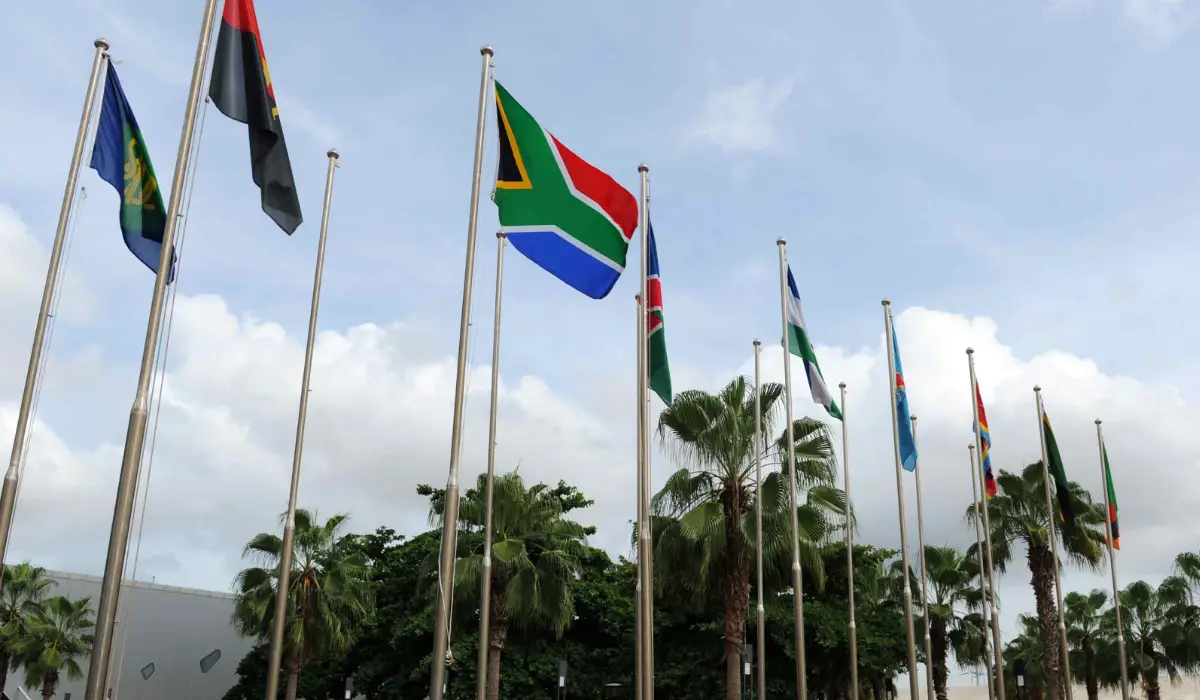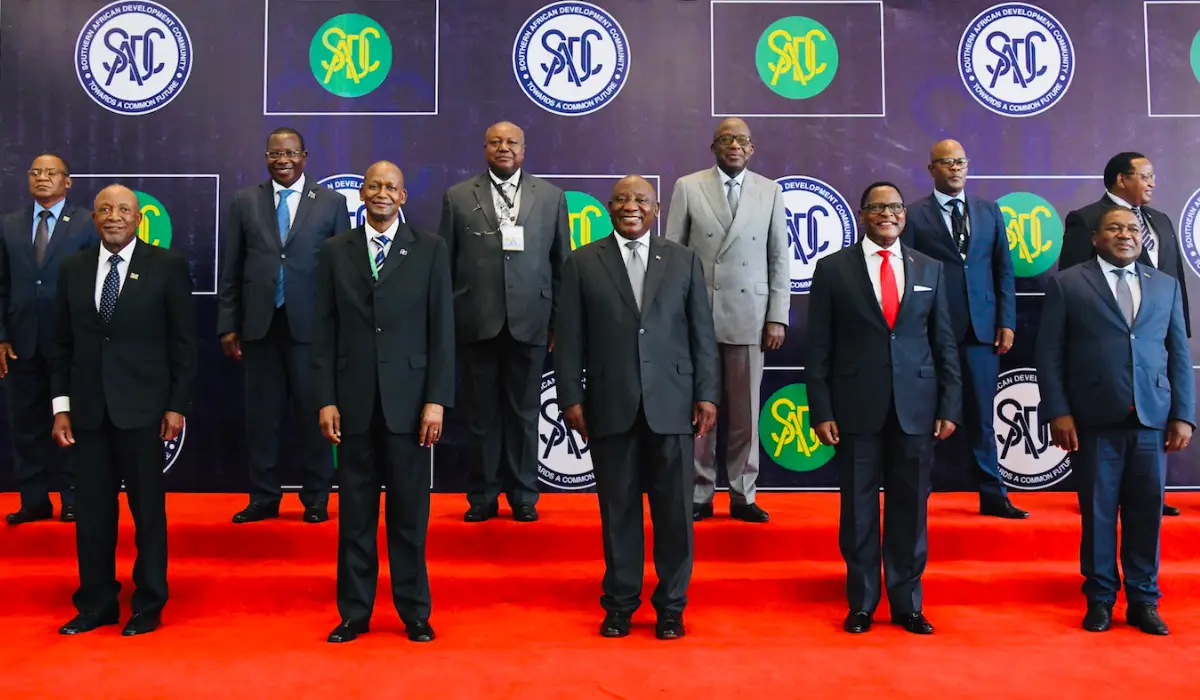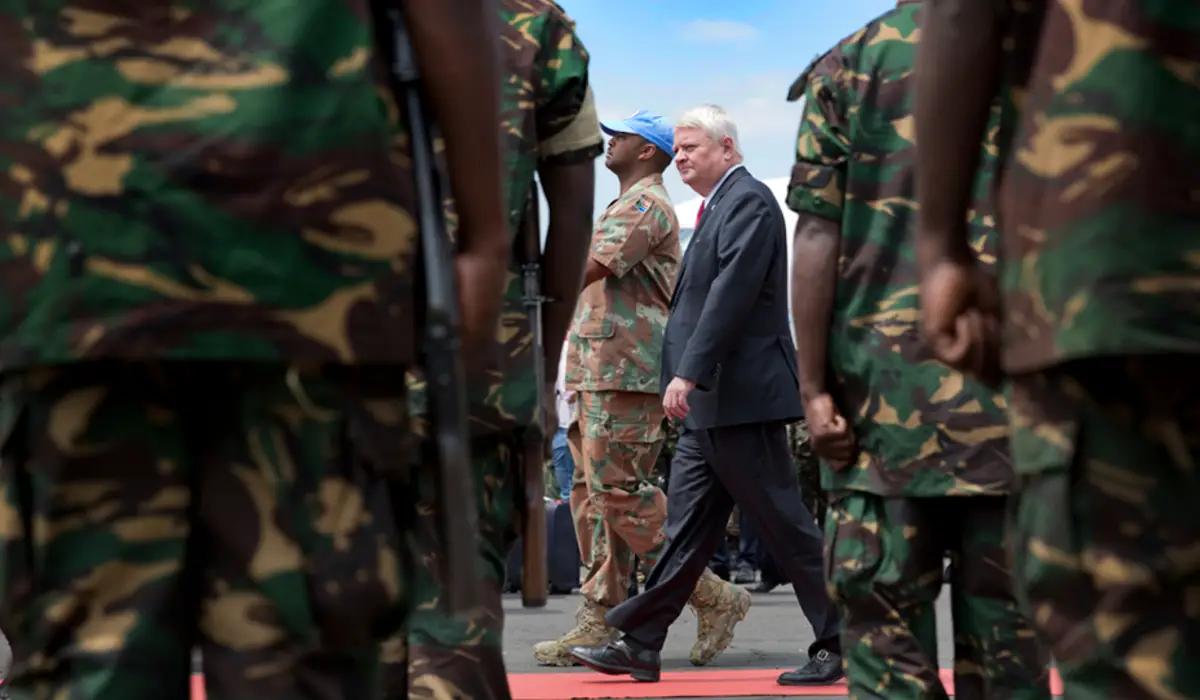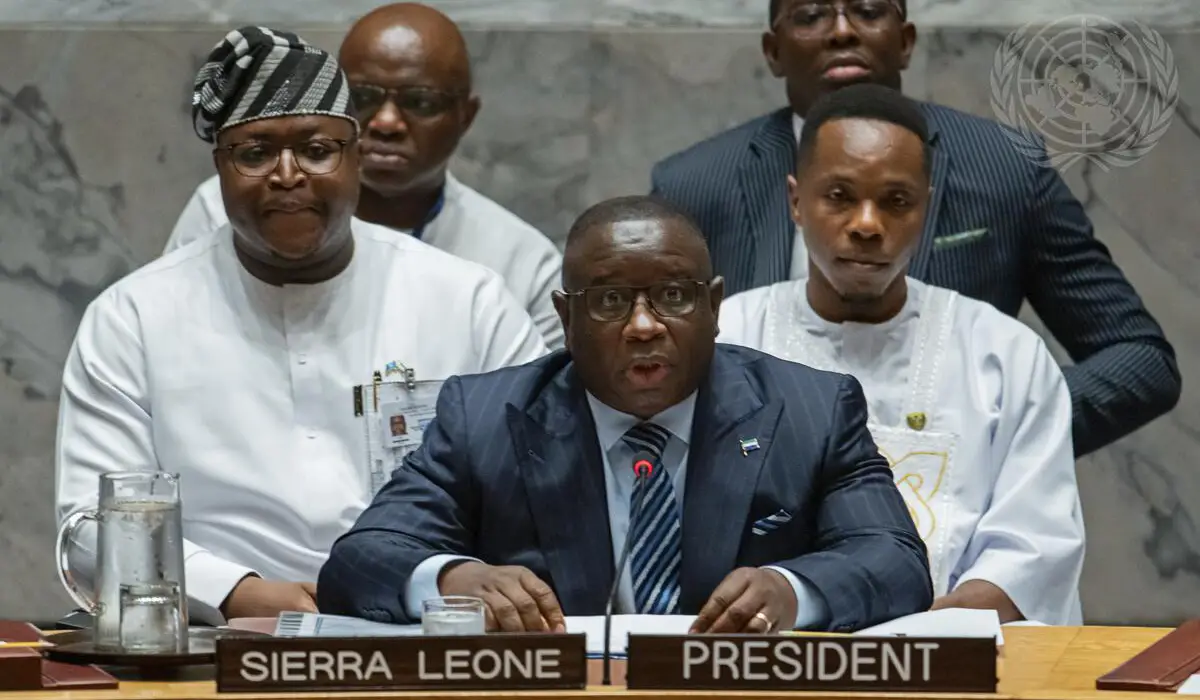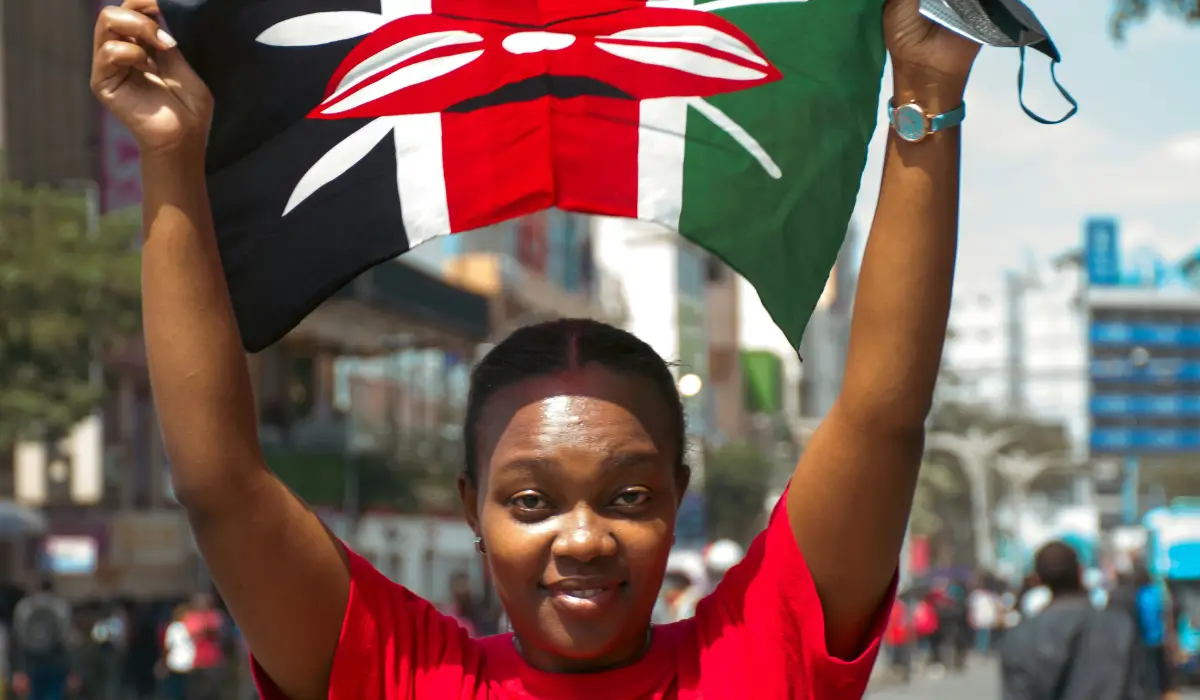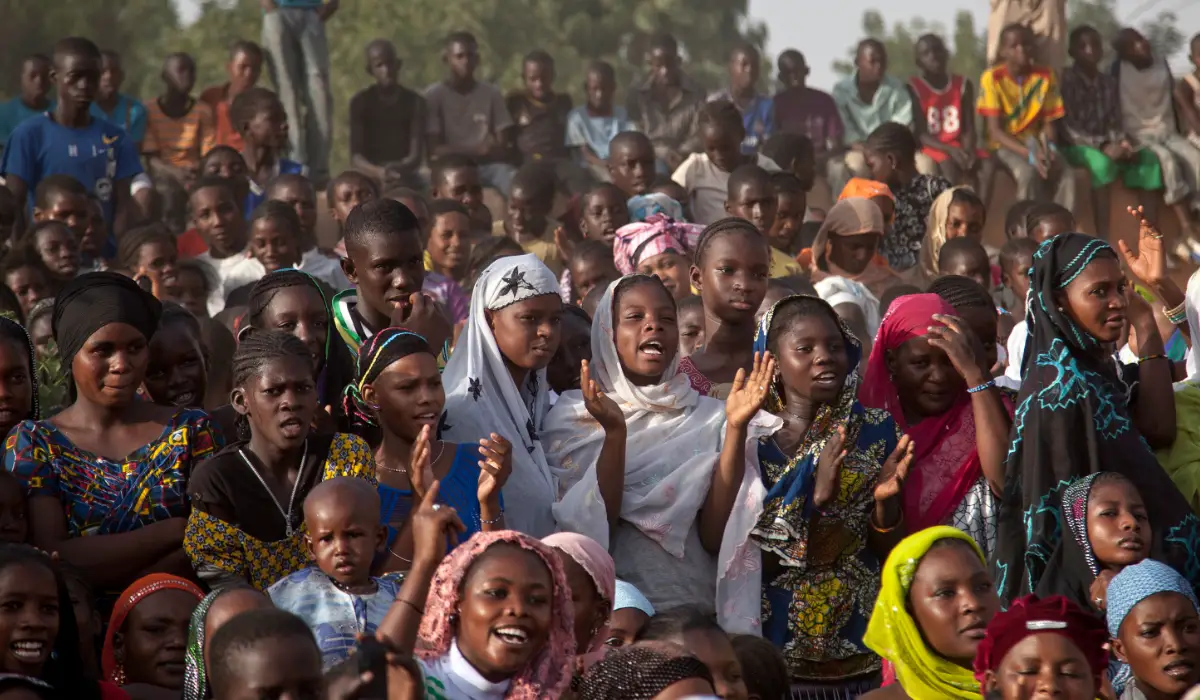This month’s issue of the Monitor begins with a piece by Katharine Bebington highlighting some key outcomes from the recently concluded 44th Ordinary Summit of the Heads of State and Government of the Southern African Development Community (SADC). Our second article features Dr Gwinyayi and Dr Malebang, placing a microscope over one of the main items on the agenda of the Summit, namely the SADC Mission in the Democratic Republic of Congo (SAMIDRC).
Another important recent development is Sierra Leone’s ascent to the presidency of the United Nations Security Council for the month of August, which Keenan Govender argues can be a catalyst to intensify Africa’s campaign for Council’s reform. In our fourth article, Dr Western Shilaho and Lennon Monyae share perspectives into some of the issues driving the recent youth-led protests in Kenya. Wandile Langa maintains the youth focus in our final article as he analyses the state of the Youth Peace and Security Framework in the African Union and the United Nations deployed Peace Operations.

